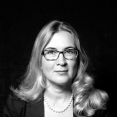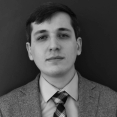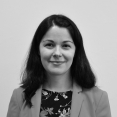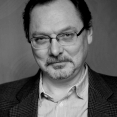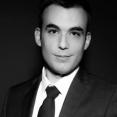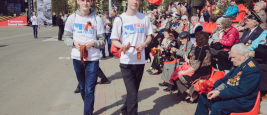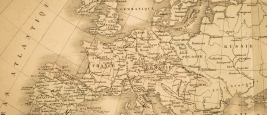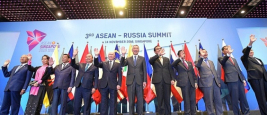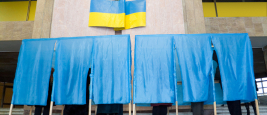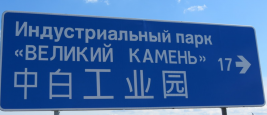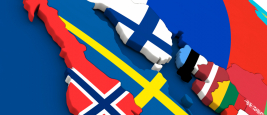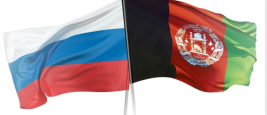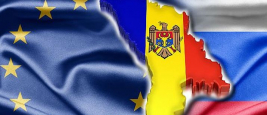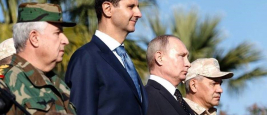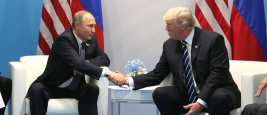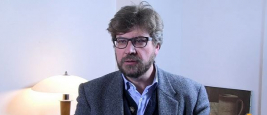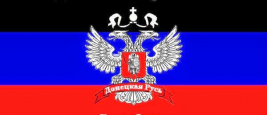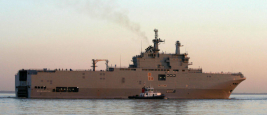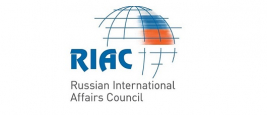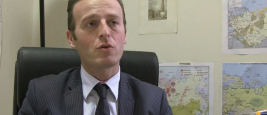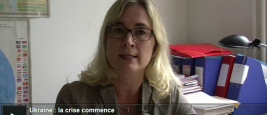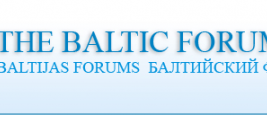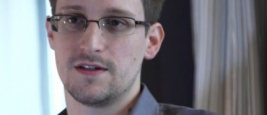Of Russia’s 146 million citizens (if we include those in Crimea), 63 million—or 43 percent—are under 34 years of age. Of these, 30 million belong to Generation Y (millennials in their 20s and early 30s), 15 million belong to Gen Z (teenagers), and a further 18 million are part of the youngest...

Russia / Eurasia

Post-Soviet Russia has gradually asserted itself as an imperial and anti-Western power, representing a threat to the independence of its Eurasian neighbors, as well as to the post-Cold War international order. The Kremlin’s invasion of Ukraine on February 24, 2022 is the culmination of this behavior, with both regional and global consequences. Now cut off and isolated from the Euro-Atlantic space, Russia is seeking to deepen its partnership with China and to turn towards non-Western worlds, especially in Asia and Africa. In the Eurasian space, historically dominated by Russia, the war amplifies centrifugal tendencies. The speed and depth of the transformations underway require constant and precise monitoring of the internal and external policies of the countries in the area.
Founded in 2005 at Ifri, the Russia/Eurasia Center produces research and organizes debates on Russia, Eastern Europe, Central Asia and the South Caucasus. Its objective is to understand and anticipate the evolution of this complex and rapidly changing region in order to enrich the public debate in France and Europe, and to assist in strategic, political and economic decision-making. Over time, the Russia/Eurasia Center has developed a network of contacts from institutions and civil society in the countries of the Eurasian space, and has established multiple partnerships with research institutes in Europe and around the world.
The digital collection Russia.Eurasia.Visions (formerly Russia.Nei.Visions), published by the Center, has become a reference point, with articles published in three languages (French, English and Russian). Relying on a network of leading experts and promising young researchers, it offers original analyses intended for public and private decision-makers, researchers, as well as for a wider public interested in the area.
Director of Ifri's Russia / Eurasia Center
...Research Fellow, Russia / Eurasia Center
...Project Officer, Russia / Eurasia Center
Associate Research Fellow, Russia / Eurasia Center
...Associate Research Fellow, Russia / Eurasia Center
...Associate Fellow, Russia / Eurasia and Geopolitics of Technologies Centers
...Associate Fellow, Russia / Eurasia Center
...Like the proverbial cat, some concepts have several lives. Or, like the mythological phoenix, they can be reborn from the ashes. This is certainly the case of the Intermarium, a geopolitical concept that envisaged an alliance of countries reaching from the Baltic Sea over the Black Sea to the...
In recent years, Russia has focused on developing its relations with Southeast Asia, particularly in the areas of economic ties and arms sales.
The 2019 presidential and parliamentary elections in Ukraine take place against the backdrop of the continuing “hybrid war” with Russia, but are also marked by the visible successes of the Ukrainian leadership in strengthening the country’s defenses, reviving its economic growth and...
Eastern Europe and the South Caucasus have long been a blind-spot for Chinese diplomacy and economic policy. For over a decade, however, China has been laying the foundations of a long-term presence in the area, a process which has accelerated since the end of 2013 with the launch of the Belt...
The return of more conflictual relations between Russia and the West following Russia’s intervention in Eastern Ukraine and its annexation of Crimea has led to a deterioration in the strategic environment for Northern European countries, particularly in the Baltic Sea Region and the Arctic.
For some time, Western sources have been accusing Moscow of backing the Taliban regime in Afghanistan.
The traditional characterisation of Moldova as a bridge between two civilisations, Russian Orthodox and the West, seems to have become outdated.
This monograph argues that the Syrian experience may leave a major imprint on Russian strategic thought and operational art.
The July 16, 2018, face-to-face between President Trump and Russian President Vladimir Putin is both entirely natural and extremely unconventional, very encouraging and deeply disturbing.
What role should the EU play in Central Asia?
Breakfast debate with Ambassadeur Pierre Morel, special representative of the European Union for Central Asia, Oksana Antonenko, Senior Fellow, IISS (International Institute for Strategic Studies) and Didier Chaudet, Research Fellow, Russia...
Russia-Occident
Breakfast-Debate with Natalya Narotchnitskaya, Duma Deputy, Researcher and author of Que reste-t-il de notre victoire? [What is Left of Our Victory?] (Paris, Editions des Syrtes, 2008), Georges Nivat, Rector of the International University of Lomonosov and...
Russia is Back: How Did Putin Do It ?
With Marshall Goldman, Davis Professor of Russian Economics, Associate Director of Davis Center for Russian and Eurasian Studies.
Chairman: Dr Thomas Gomart, Head of the Russia/NIS Center, Ifri
In March 2000, when Vladimir Putin came to power...
The Russian Presidential Elections: Political and Economic Implications
Debate with Aleksander Voloshin, Chairman of the RAO-EES Russia Directors Board and former Chief of Staff (1999-2003).
Chairman: Thomas Gomart, directeur centre Russie/Nei, Ifri
How Threatened Does Georgia Feel?
Conference-debate with Nino Burzhanadze, President of the georgian Parliament.
Chairman: Thierry de Montbrial
In May 2006, Ifri welcomed Mikheil Saakashvili, President of Georgia who came to explain his strategy about euro-atlantic integration...
Fyodor Lukyanov (Russia in Global Affairs) and Thomas Graham (Jackson Institute for Global Affairs, Yale University) participated in the seminar “Germany, France and the United States: Towards a Renewed Transatlantic Dialog” which took place on November 17 and 18, 2014 at...
Rebel commander Alexander Zakharchenko smiled only slightly on hearing that he had won this weekend's elections in Donetsk, Ukraine (pictured). The results were never in doubt: Mr Zakharchenko's nominal opponents openly supported him, and his face was the only one on...
France's Finance Minister cast doubt Thursday on what Russia had said was the imminent delivery of the first of two Mistral helicopter carriers, feeding uncertainty that French political analysts view as authorities' reluctance to be seen as caving...
Just 147 days after Manuel Valls’ nomination as prime minister at Hôtel Matignon, the cabinet of ministers in Paris faced a new reshuffle. Some believe it will rejuvenate the French economy, which seems mired in stagnation, but most doubt that scenario is a real possibility....
The Franco-German Study Committee (Cerfa) and the Russia/NIS Center of the French Institute of International Relations (Ifri) have organized a closed seminar and interviews about the "German, French, Polish and Russian Views on Russia’s Foreign Policy".
Il y aura un avant et un après. En Ukraine, en Russie, dans toute l’Europe, ailleurs.
...April 2014 was a particularly bitter month for Russian internet users and the local internet industry. President Vladimir Putin unsurprisingly made headlines when, at the Media Forum in St. Petersburg, he publicly labeled the internet as a “CIA project” and launched an...
"It's clear that we will have to declare ourselves in favour of new sanctions in case of a military escalation," said state secretary for parliamentary relations Jean-Marie Le Guen to French media on Sunday. The junior minister’s comments came as unrest continued to spread...
Significant changes in global and regional energy supply and demand, as well as their influence on the political decision-making determine the need to restore proper expert analysis of problems and development perspectives.
...Why did Edward Snowden decide to disclose information related to U.S. secret services?
...



